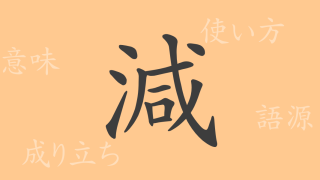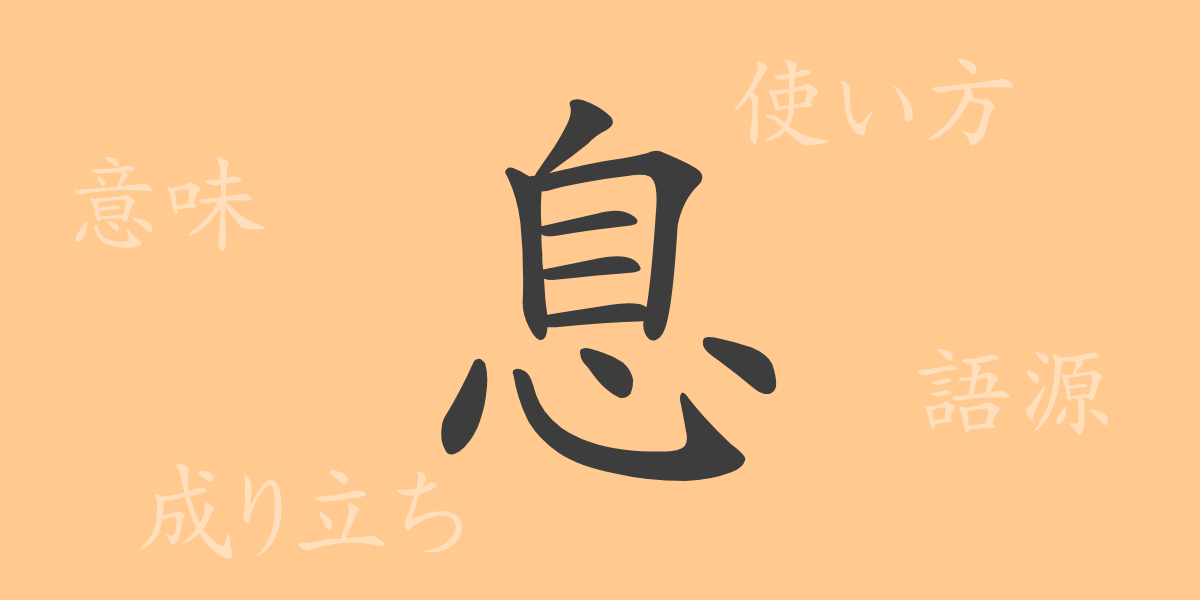Japanese language is replete with numerous Kanji characters, each carrying its own unique history and meaning. “(息)” is one such Kanji deeply intertwined with our daily conversations, literature, and psychology. This article delves into the origin, meaning, usage, and even idiomatic expressions and proverbs related to “(息)”. Breathing is fundamental to life, and through exploring the rich expressive world of this Kanji, we hope you’ll feel the depth of the Japanese language.
Origin of “(息)” (いき – Iki)
The Kanji “(息)” originates from ancient times, evolving from pictograms representing a breath or breath of life. Ancient people symbolized the act of breathing as a sign of life, creating visual characters to represent this concept. Breathing is closely tied to human vitality, and this Kanji has been passed down symbolizing its importance.
Meaning and Usage of “(息)” (いき – Iki)
“(息)” encompasses meanings such as “to breathe”, “life”, and “son (息子)”. It is also used metaphorically in expressions like “(一息)” which means “to take a short rest”. Thus, “(息)” is not only about literal breathing but also widely used across various aspects of life.
Readings, Stroke Count, and Radical of “(息)” (いき – Iki)
Understanding the readings and structure of the Kanji “(息)” allows for a deeper engagement with the Japanese language:
- Readings: On’yomi (音読み) ‘ソク’ (soku), Kun’yomi (訓読み) ‘いき’ (iki)
- Stroke Count: “(息)” consists of 10 strokes.
- Radical: The radical is “心” (heart), which represents emotions and the mind.
Idioms and Proverbs Using “(息)” (いき – Iki) and Their Meanings
There are many idiomatic expressions and proverbs incorporating “(息)”, each carrying unique meanings and nuances. For example, “(息を吹き返す)” means “to regain vitality”, while “(息が長い)” means “to have endurance”. “(一息入れる)” is a common expression meaning “to take a break” used frequently in everyday conversations.
Conclusion on “(息)” (いき – Iki)
The Kanji “(息)” is a significant character closely tied to our lives. By understanding its origin, meaning, and usage, you can appreciate the depth of the Japanese language even more. Breathing is an indispensable act in life, and the Kanji “(息)” vividly reflects its importance. We hope this introduction to idiomatic expressions and proverbs has reaffirmed the richness of Japanese language expressions.

























